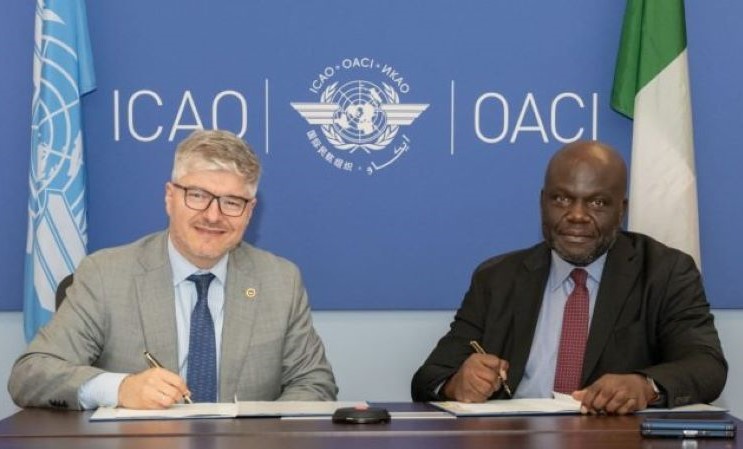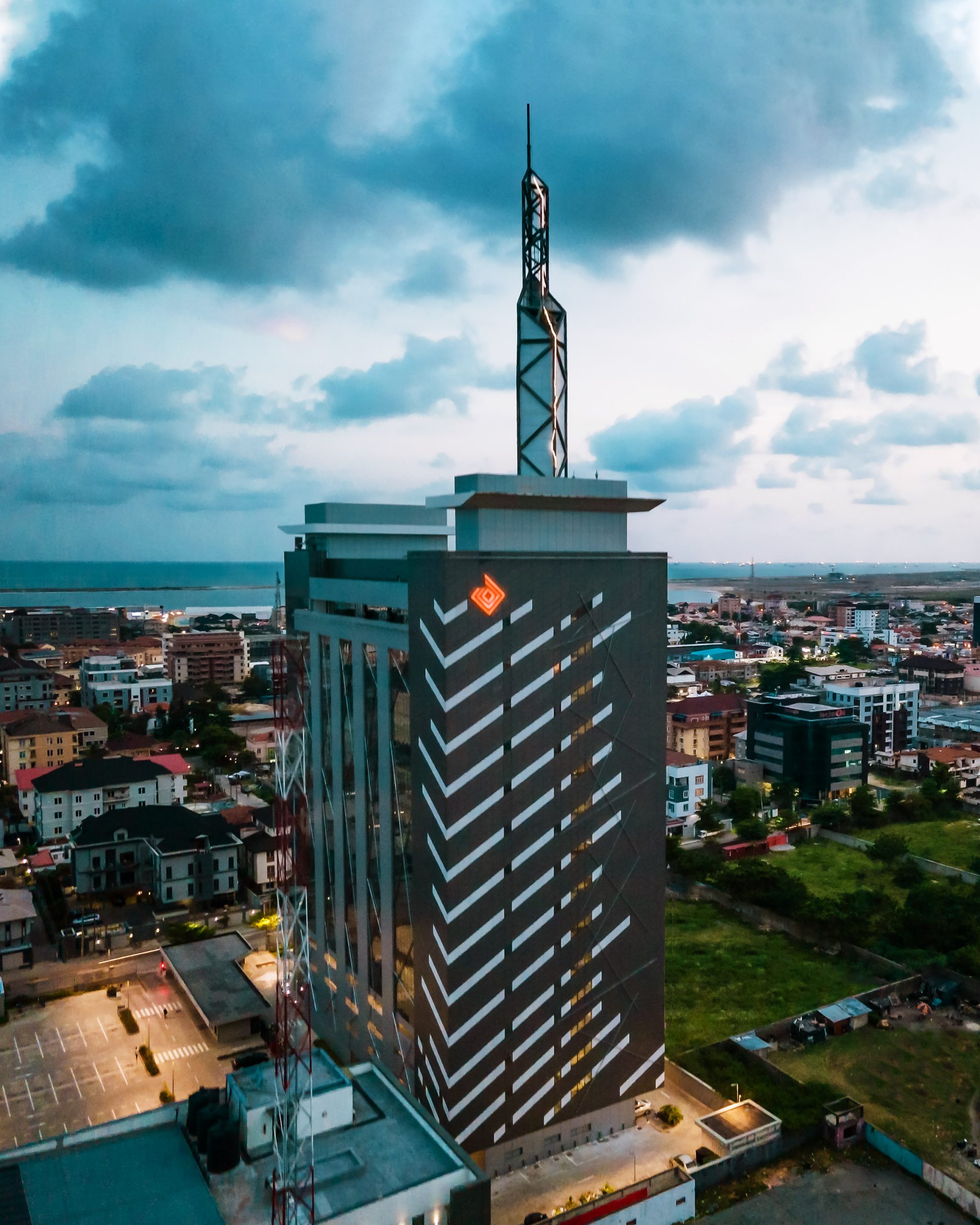Hong Kong, Singapore, Netherlands, Japan, and United Arab Emirates are home to the world’s best infrastructure.
According to the World Economic Forum (WEF), Hong Kong, Singapore, and the Netherlands are home to the best infrastructure in the world. The Global Competitiveness report that is put out by WEF ranks 137 countries on a scale where 7 points is the highest. Points are gathered by the quality of different infrastructure types like railways, ports, and airports. By these measurements, Hong Kong had a score 6.7, Singapore 6.5 and Netherlands 6.4.
Hong Kong
The infrastructure in Hong Kong is efficient and has promoted economic development to international standards and ensures businesses run efficiently to increase growth. Hong Kong has an estimated 1,138 miles long of developed roads, which are all paved, and its air and sea transportation infrastructure are advanced and highly developed. The railway system in Hong Kong is also advanced with a total of 21 miles being of electrified railway systems. Their railway system is among the most developed worldwide, and it is connected to China’s railway system through the Kowloon peninsula. In 1998, they began construction of three new railway lines, which would ease the traffic between the islands of Hong Kong and their neighboring territories. Due to the increased use of developed infrastructure, the government encourages people to use public transport to reduce the levels of pollution.

Singapore
Singapore inherited a well-developed infrastructure from the colonial government and made efforts to continue developing this infrastructure further. Singapore boasts 1,940 miles of road networks with 99% of these being paved highways. There has been a sharp increase of privately owned vehicles in Singapore between the 1970s and 1980s increasing the level of pollution. However, the Singaporean government was fast to solve the pollution problem by investing large sums of money in the public transport sector, which encouraged people to use public transport when commuting to work and whenever traveling for other businesses. To further decongest the city and reduce pollution, the government introduced 51 miles of the mass rapid transit system and 6 miles of the light version of the mass rapid transit system by the 1990s. The telecommunication lines are also highly developed, and by 1998, there were 54.6 million telephone line connections. The telecommunication docket, however, remains under the control of the state of Singapore.
The Netherlands
The Netherlands is the main entry point for goods into the European continent, and it is paramount that it has the best infrastructure to aid transport of goods into the interior parts of Europe. The country has an estimated 78,145 miles of the road network with an estimated 70,229 miles of roads being fully paved. Expressway links have been established in the country to facilitate transportation from the coast of Netherlands all the way across the country. Because of the high urbanization, most of the cities roads have been built to include pavements for cycling which enables the country to avoid congestion on their rods. The broad use of bicycles has helped in reducing pollution even though 79% of the citizens still use their cars. The Netherlands has a further over 1,702 miles of railway and a total of 3,135 miles of advanced waterways. The country also has a highly developed communications system.





















